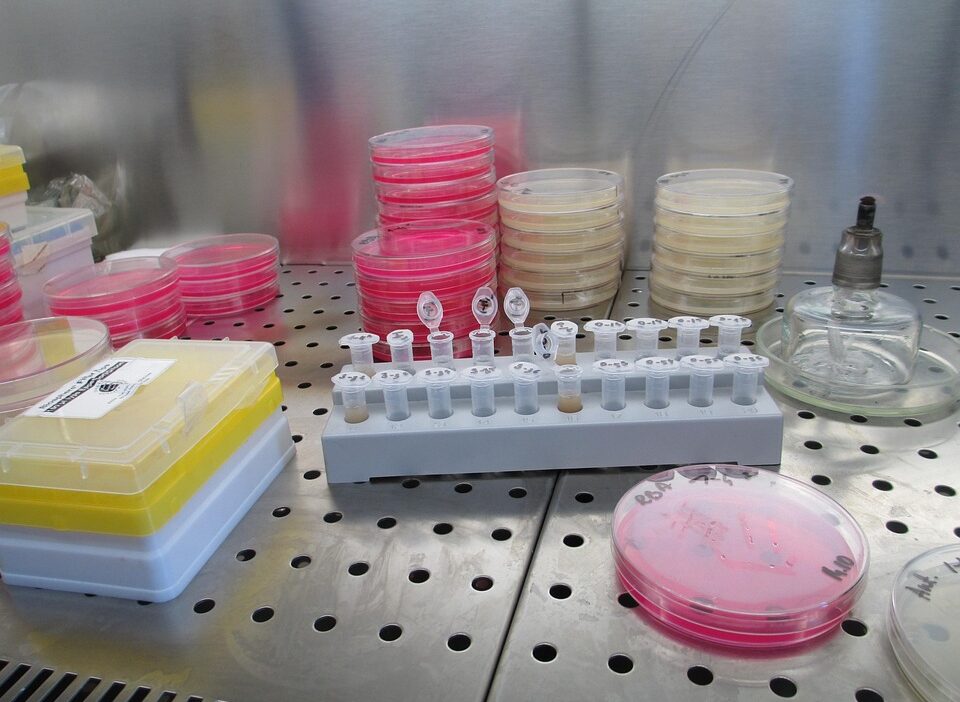In recent years, the intersection of technology and biology has given rise to a transformative wave in healthcare, often referred to as the "biotech boom." With innovations in genetic engineering, pharmaceuticals, and personalized medicine, startups are at the forefront of this revolution, fundamentally changing how diseases are diagnosed, treated, and managed. As we delve deeper into this phenomenon, we explore how biotech startups are reshaping the healthcare landscape and the challenges and opportunities they face in this dynamic environment.
The Rise of Biotechnology Startups
The onset of the biotech boom can be attributed to several factors:
-
Advancements in Technology: The exponential growth in computing power, coupled with breakthroughs in areas like CRISPR gene editing, artificial intelligence, and machine learning, has empowered startups to develop innovative solutions faster than ever before.
-
Increased Investment: Venture capital funding in biotechnology has surged, with investors increasingly recognizing the potential returns from novel therapies and medical devices. In 2021 alone, biotech startups secured billions in funding, creating a robust ecosystem for innovation.
- Global Health Challenges: The COVID-19 pandemic underscored the urgency of rapid medical innovation. Startups pivoted quickly to develop vaccines, diagnostics, and treatments, illustrating the agility and adaptability inherent in smaller organizations.
Transformative Applications
Biotech startups are leading the charge in several key areas:
1. Personalized Medicine
Startups are creating targeted therapies tailored to individual genetic profiles. This approach not only increases the likelihood of treatment success but also reduces potential side effects. For instance, companies like 23andMe and GRAIL focus on genetic testing, enabling predictive healthcare strategies that can lead to earlier interventions.
2. Gene Editing
The CRISPR technology has opened up unprecedented possibilities for gene therapy. Startups such as Editas Medicine and Intellia Therapeutics are exploring ways to edit genetic defects, potentially curing genetic disorders that were once thought to be untreatable.
3. Telemedicine and Digital Health
The surge in telehealth prompted by the pandemic has led startups like Doctor on Demand and Amwell to develop platforms that enhance access to healthcare. These solutions not only improve patient convenience but also extend healthcare reach to underserved populations.
4. Regenerative Medicine
Companies focused on stem cell research and tissue engineering are paving the way for new treatments that promise to regenerate damaged tissues and organs. Startups like Organogenesis are pioneering cellular therapies that could radically change the landscape of surgical interventions and recovery processes.
Challenges on the Horizon
While the opportunities are vast, biotech startups also face significant challenges:
1. Regulatory Hurdles
Bringing a new therapy to market involves navigating complex regulatory environments. The approval process can be long and fraught with uncertainty, requiring startups to invest significant time and resources without guaranteed success.
2. Funding Sustainability
Though investment has increased, securing funding remains a critical challenge, especially for early-stage companies. The need to demonstrate efficacy and safety can lead to high research and development costs, making it difficult for startups to maintain momentum without stable financial backing.
3. Market Competition
As the number of biotech startups surges, competition intensifies. New entrants must differentiate their offerings and demonstrate unique value propositions to attract attention from investors and potential partners.
4. Ethical Considerations
Gene editing and biotechnology raise ethical questions that can influence public perception and regulatory decisions. Startups must navigate the delicate balance between innovation and ethical implications, especially concerning genetic modifications.
Looking Ahead
The biotech boom is not merely a trend; it represents a fundamental shift in how we approach healthcare. Startups at the forefront of this revolution are facilitating remarkable innovations that promise to enhance life quality, extend lifespans, and address unmet medical needs.
As we move forward, the collaboration between startups, established pharmaceutical companies, academia, and regulatory bodies will be essential in harnessing the full potential of biotechnology. By fostering an innovative and supportive environment, we can ensure that the benefits of the biotech revolution are realized and accessible to all.
In conclusion, the biotech boom represents a beacon of hope in the quest for better healthcare solutions. As startups continue to push boundaries and explore uncharted territories in medicine, they stand poised to make lasting impacts on the future of healthcare—a future that is not only more advanced but also more personalized and equitable.
